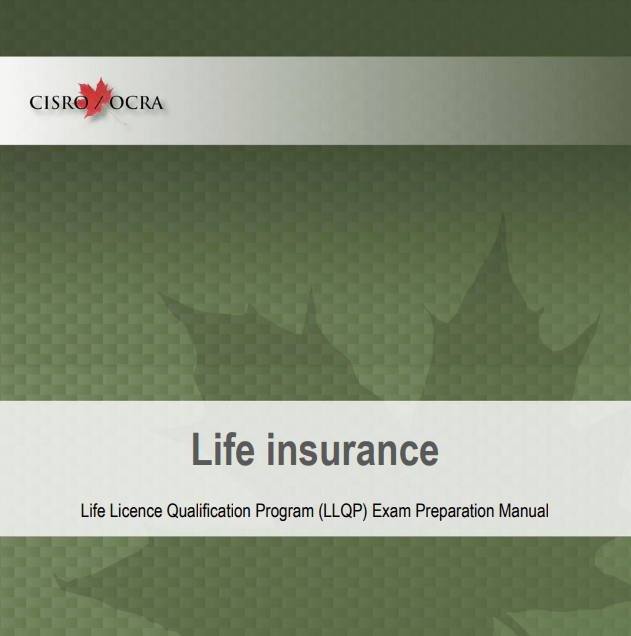
Power of Sale in Ontario
The power of sale in Ontario begins when a borrower defaults on his or her mortgage obligations, including any of the covenants contained in the Standard Charge Terms, the lender can consider the borrower to be in default. When this occurs the lender may commence certain actions to collect the outstanding balance of the mortgage along with costs associated with the default and collection of that amount.
In Ontario, the most common method used is the power of sale process. This process was developed by Ontario lenders as a faster remedy than the typical remedy of foreclosure. The power of sale allows the lender to commence a proceeding against the borrower without using the courts. Details of this proceeding are normally included in the Standard Charge Terms but they are also provided through the Mortgages Act, R.S.O. 1990, c.M.40.
Mortgage brokering in Ontario is regulated by the Financial Services Commission of Ontario (FSCO) and requires a license. To obtain a license you must first pass an accredited course. The Real Estate and Mortgage Institute of Canada Inc. (REMIC) is accredited by FSCO to provide the course. For more information please visit us at www.remic.ca/getlicensed or call us at 877-447-3642.
This remedy allows the lender to take possession of the property and sell it. Any monies obtained through the sale are then used in a prescribed manner to retire the lender’s mortgage and associated costs as well as other debts associated with the property. Any monies remaining after this process are payable to the borrower.
If the property cannot be sold the lender can then sue the borrower for the monies owing or sue for foreclosure. The power of sale process, also referred to as a Sale under Power, must follow a process as set out in the Mortgages Act:
1. The borrower defaults
2. The lender serves notice
3. The borrower has a redemption period (the redemption period is 35 days after notice is provided)
4. Possession of the property by the lender
5. The selling the property
6. Remittance of monies
Power of Sale with Mortgage Default Insurance
If the mortgage that has been defaulted is insured through a mortgage default insurance policy and there is still a balance outstanding, the lender will make a claim on this policy and not sue the borrower for the outstanding balance. The mortgage default insurer will pay the lender’s claim and proceed against the borrower to recover the amounts paid.











